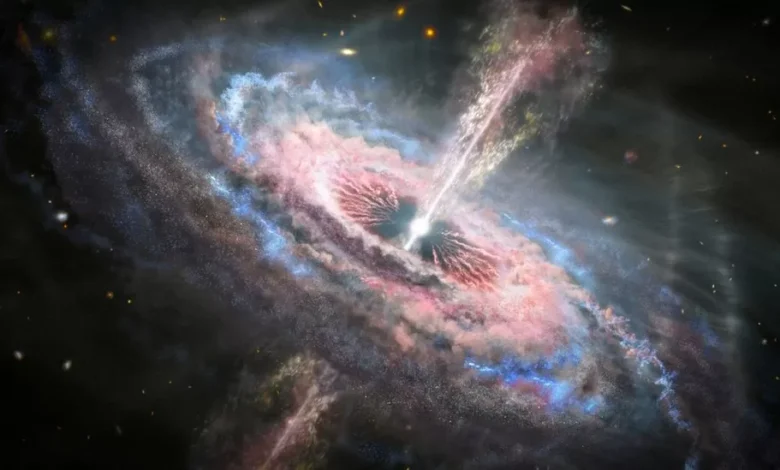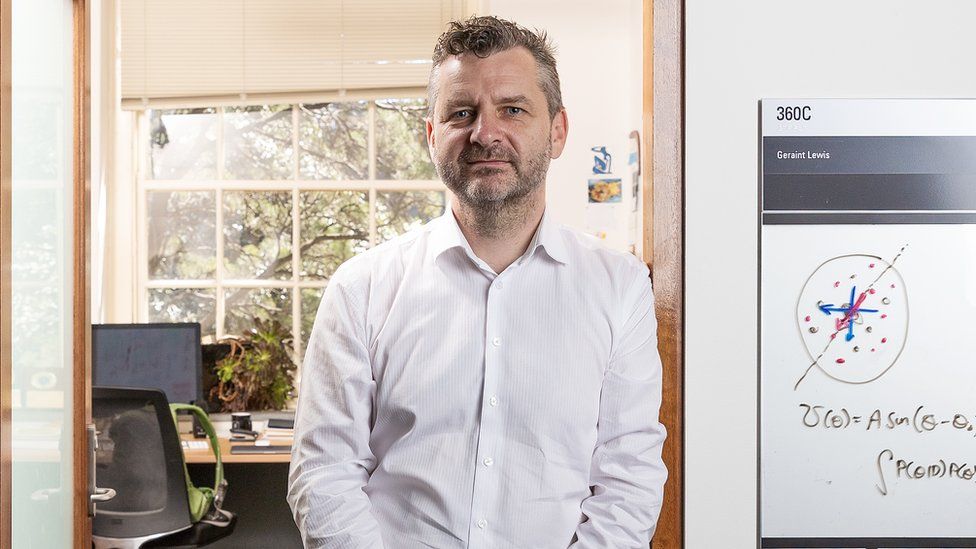Scientists see early universe in slow-motion for first time

Scientists have observed the early universe running “five times slower” for the first time.
Researchers observed data from quasars – objects powered by “supermassive” black holes at the centre of early galaxies – using them to measure time near the beginning of the universe.
Quasars are among the brightest and most distant known celestial objects.
Prof Geraint Lewis, from University of Sydney, said that it confirms again we live in an expanding universe.
Prof Lewis, lead author of the study published in Nature Astronomy, said: “Looking back to a time when the universe was just over a billion years old, we see time appearing to flow five times slower [soon after the Big Bang].
“If you were there, in this infant universe, one second would seem like one second – but from our position, more than 12 billion years into the future, that early time appears to drag.”
Quasars are bright objects powered by “supermassive” black holes blasting out energy as they engorge themselves on gas, dust, and other matter within their gravitational grasp, according to Nasa.
Astrophysicist Prof Lewis and astrostatistician Brendan Brewer, from the University of Auckland, looked at the colours of nearly 200 quasars over 20 years. They were then able to standardise the “ticking” of each quasar.
Explaining what it all means, the researchers said it confirms the expectation of Albert Einstein’s general theory of relativity, which means we should observe the distant universe running much slower than the present day.
He said: “Thanks to Einstein, we know that time and space are intertwined and, since the dawn of time in the singularity of the Big Bang, the universe has been expanding.
“This expansion of space means that our observations of the early universe should appear to be much slower than time flows today.
“In this paper, we have established that back to about a billion years after the Big Bang.”

The university said previously astronomers confirmed the slow motion universe back to about half its age using supernovae – massive exploding stars. But quasars allowed Prof Lewis and his team to confirm the theory further to a tenth of the age of the universe.
He added on BBC Radio 4 Today programme: “As far as we understand that expansion is just going to continue and continue, and the universe is going to get larger and emptier.”










